※ The article was written on June 3rd, 2021
“If you want to become a millionaire, make a successful indie game!”
This is a phrase that has been around in the game industry for a while. Since the mid-2010s, the indie game industry has grown rapidly and produced great hits. "Minecraft," the epitome of sandbox indie games, was acquired by Microsoft at a price of 2 trillion won, and "Stardew Valley" created by a single developer, has generated more than 100 billion won in sales.
However, there is bound to be failure behind success. By the late 2010s, the indie game market was oversaturated and the term "Indipocalypse" appeared, a combination of the words indie games and apocalypse. Due to intense competition, small indie game developers face difficulty promoting their games to users, let alone finish making the games properly.
Fortunately, as competition intensifies with the growth of the indie game market, supporting efforts are increasing as well. Government and leading companies show increasing support. Smilegate operates Orange Planet which serves as an incubation center for start-ups. It has also introduced an indie game market on its platform in efforts to revitalize the market.
Future Lab Center, Smilegate's creativity and creation environment research center, has been carrying out various support projects to revitalize the ecosystem of indie creators since 2010. Projects include the Smilegate Membership (SGM) that allows young creation teams to complete their content through user feedback, as well as the Smilegate Challenge in which individual creators can form a team to experience the overall game development process.
Among various efforts, former SGM creators have donated funds to create the <2021 Smilegate Indie Game Creation Contest> to challenge young creators in March.
| Young indie game creators, we support your experience
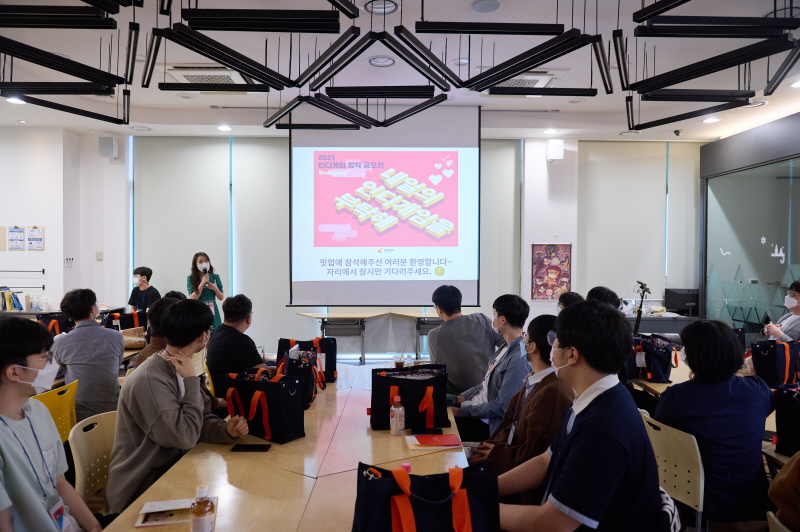
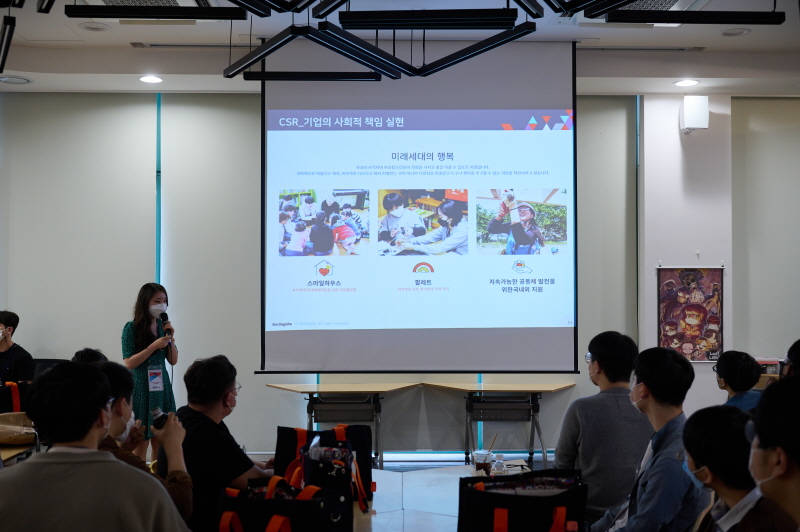
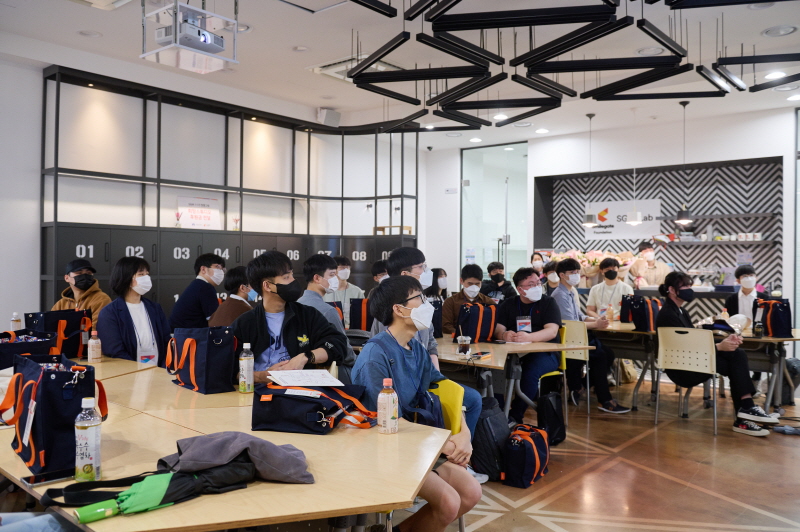
| Celebrating the endless possibilities of indie games
The biggest advantage of indie games is their novelty. Although they may not be as complete as a masterpiece game with abundant resources, indie games allow us to find numerous possibilities expressible through gaming. As such, the winners of the contest were selected on novelty in idea, graphics, and completeness.
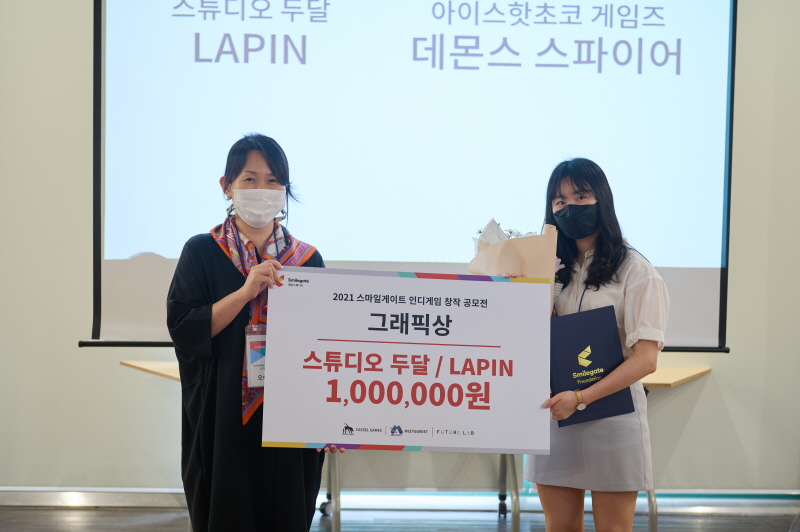
The first two teams to win graphics awards successfully showed the attractive visuals of indie games. <Lapin> of Studio Two Months with fairy tale-like dreamy graphics, and <Demon’s Spire> of Ice Hot Chocolate Games with impressive color motion effects in a boss-rush soul-like genre, received the award.
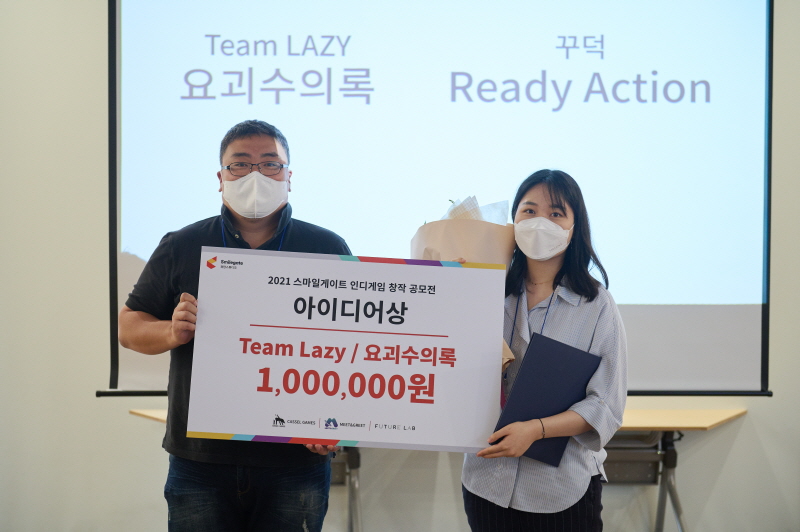
The Idea Award is the award that best represents the strengths of an indie game. As such, the winning teams’ games were well-established with novel ideas. On the PC platform, <Ready Action> of Kudok, a unique, horizontal scroll, chasing, action game won the award. On the mobile platform, <Yo-gue Sueirok> of team Lazy, an escape room and mystery game set in Joseon received the award.
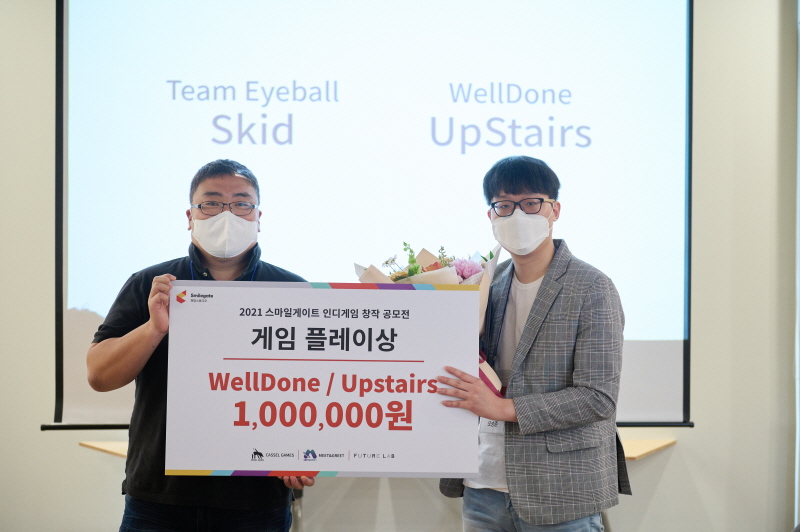
The contest was judged by a panel after they played the prototype games of the teams. The Game Play Award was given to teams with high levels of immersion despite being indie games. <Upstairs> of WellDone, a 3D puzzle adventure game and <Skid>of Team Eyeball, a racing game received the award.
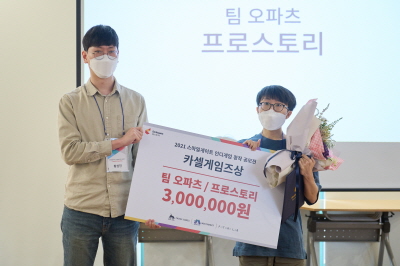
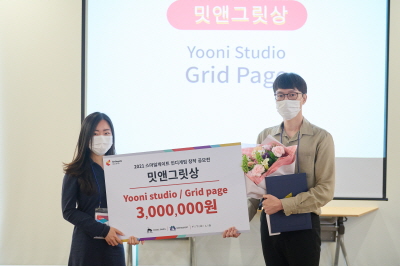
Finally, the grand Cassel Games Award and Meet & Greet Award were awarded to teams with the highest scores on the PC and mobile platform. The award was handed out by senior creators from whom the awards were named after.
Lee Tae-yoon, the creator of a mobile puzzle game with pixel art graphics <Grid Page>, stated that he was happy to be recognized in doing what he loves. Baek Jong-won of Team OOPArts, creator of a story-based action-adventure game <Pro Story>, stated that he was honored to receive the Cassel Games Award and hopes to make an award named after his team in the future.
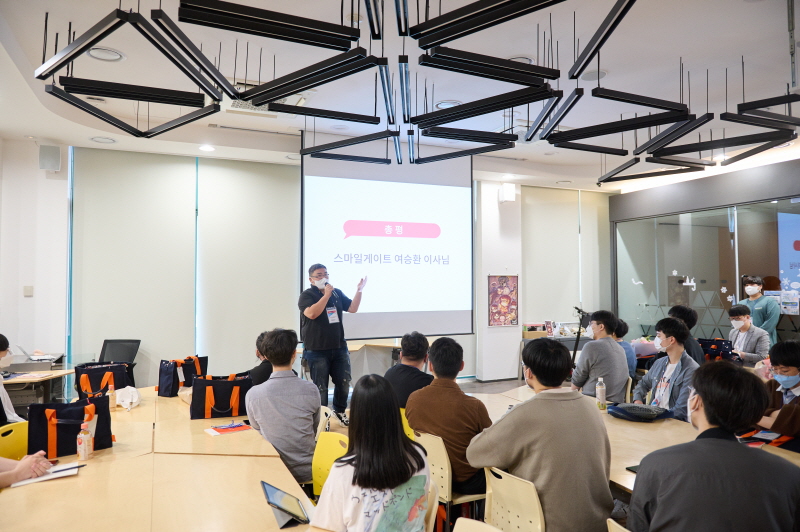
After the award, director Yeo Seung-hwan of Smilegate Holdings, who supported the contest and conducted screenings, gave a general review. "There is certainly a difference between Smilegate's other talent acquisition programs and indie game contests. I was able to observe the steps of forming teams, developing scenarios, designing systems, and developments made to the game. I hope this competition will serve as motivation to not give up as well as an opportunity to develop better games."
| Noteworthy vision of Smilegate’s Future Lab Center for supporting creation
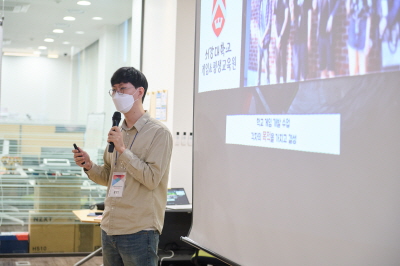
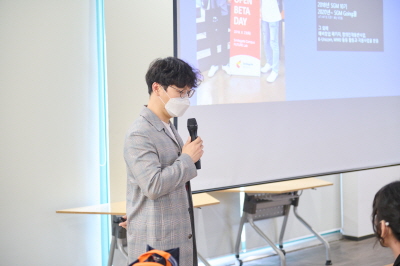
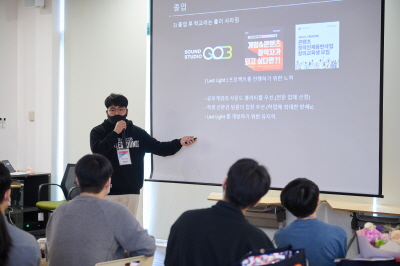
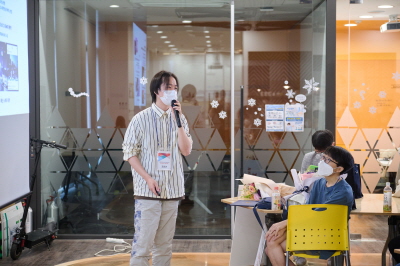
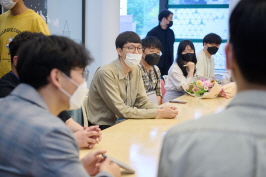
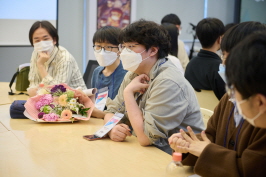
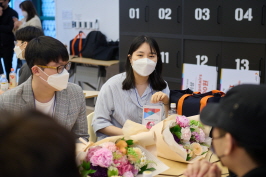
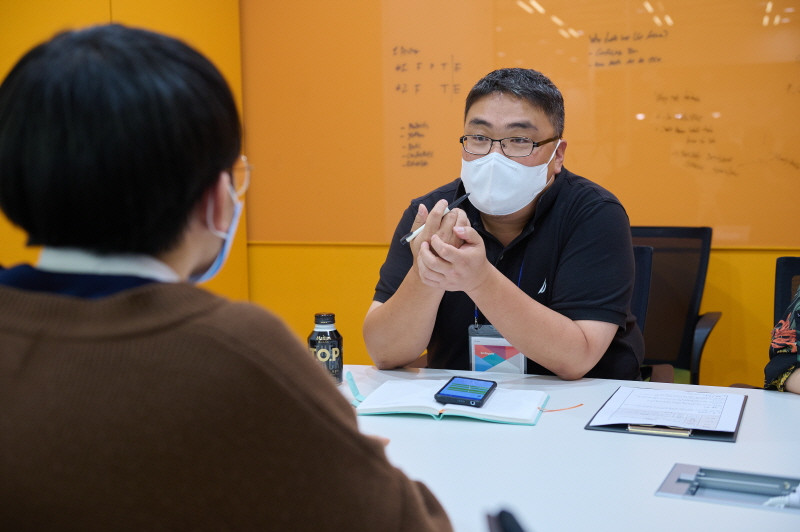
| The cycle of indie game market through empathy, stimulation, and motivation
This event is a textbook example of efforts to revitalize the indie game industry. Everything from the planning stage made possible through donations from senior developers, limiting the contest to junior creators, to creating a venue for learning and interactions with fellow creators regardless of awards. Through this event, we can see how values of the indie game industry are cycled.
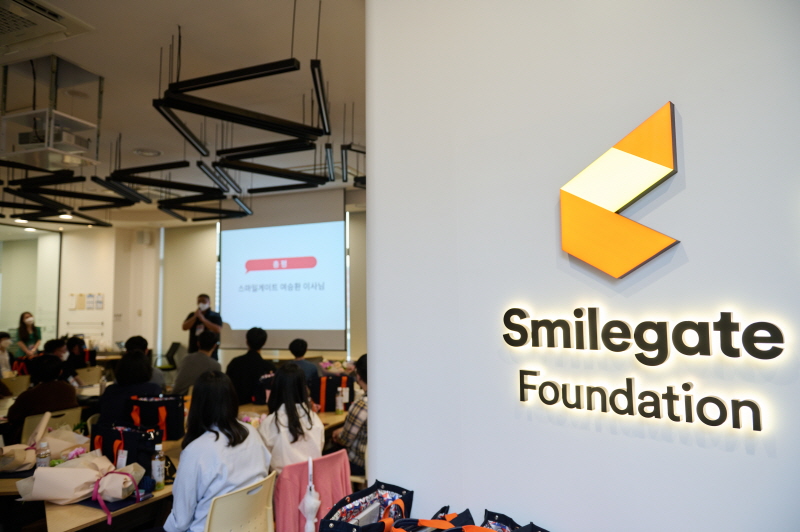
These programs are not created overnight. Smilegate Future Lab Center has long been creating the environment and culture through support projects such as the Smilegate membership and various creation support programs for indie creators. It has also provided creative spaces, expert mentoring, start-up linked programs, and activity costs so that indie game creators can focus on games and develop their business without burden.
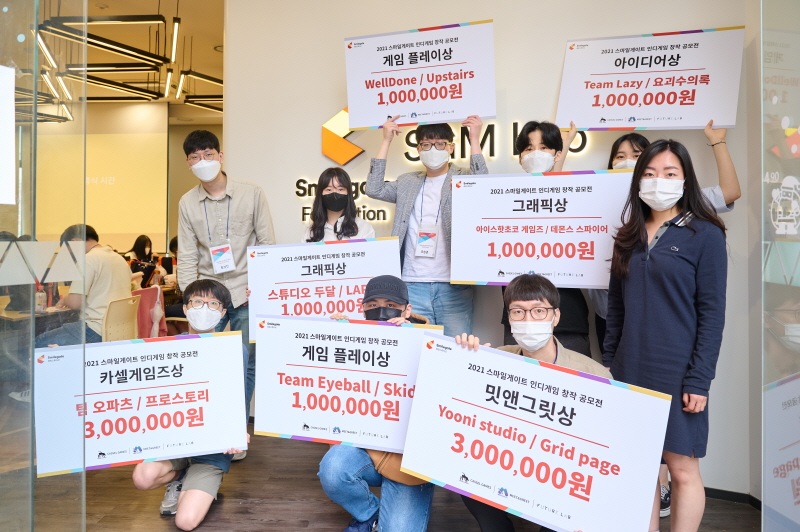
It was clear that Future Lab Center’s sincere efforts to support indie game creation was fruitful through the reviews of participating teams. The reviews stated, "It was a place where I could communicate and sympathize with creators who were struggling with similar things", "I wanted to make better games after seeing the work of other teams", and "Listening to the experiences of senior indie creators made me want to stand in their shoes someday." Empathizing, stimulating, motivating each other and creating the power to move forward. It is important to have physical support. However, sincere exchanges and cheering on the culture of indie games will be the determining factor driving indie games to be more creative and valuable.
|
#Smilegate #Smilegate Membership #Future Lab #Smilegate Foundation #Indie Game #Contest #Award Ceremony #Indie Game Network #Creation Support


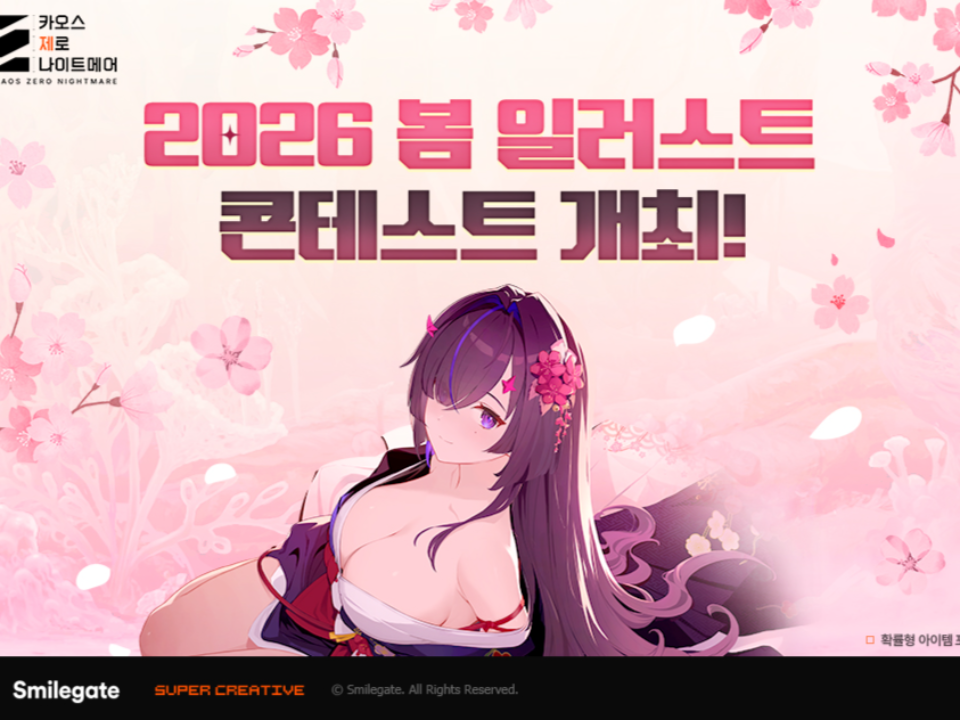
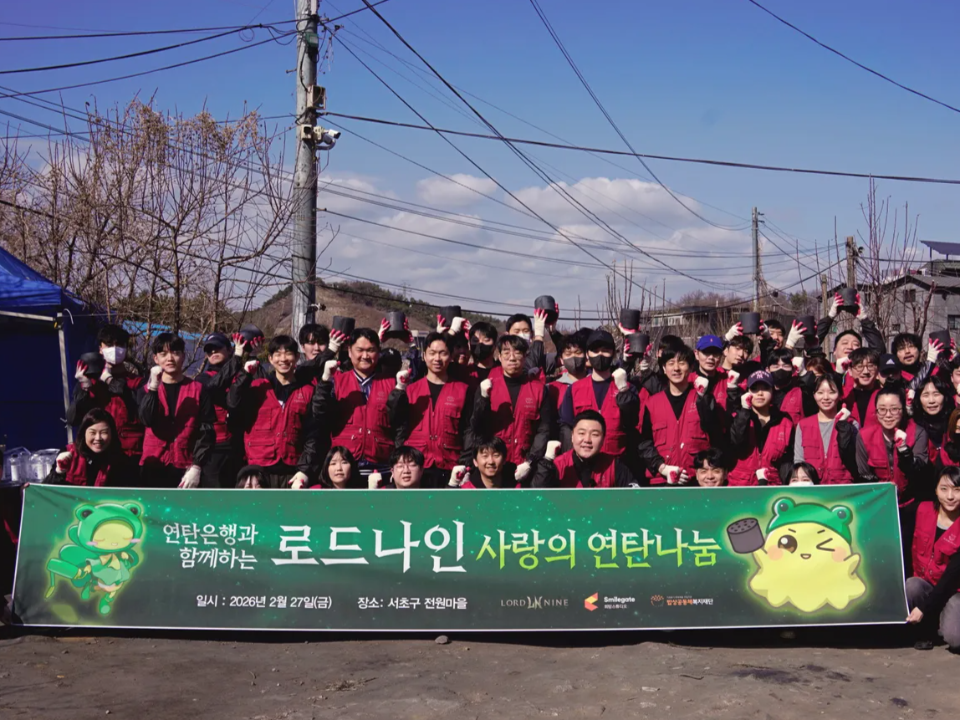



 TOP
TOP
